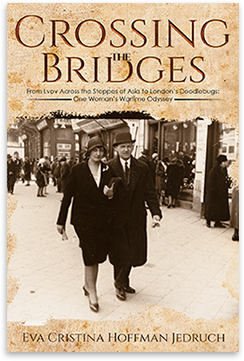
MY FINANCIAL TIMES ADDICTION
My Financial Times Addiction.
I freely admit to it: I am addicted to FT. It waltzed into my life after
retirement. Until then it was New York Times and Wall Street Journal, as
befitted a respectable international marketing manager. Then retirement
came along. The huge gap which had opened in my life after I lost my husband,
the empty chair across from me on the verandah, the lack of lively exchange of
ideas and his incredibly encyclopedic knowledge to which I was accustomed,
became even more painfully apparent, as a sort of intellectual desert seemed to
lie ahead. Searching for stuff to fill my brain, I enrolled in a doctoral
programme in humanities at a nearby university. I chose my direction in
medieval studies after an intensive course on Dante’s Divine Comedy, I fell
in love with it. My dissertation on the economy of the French Abbey
of Cluny – twelfth century – was not exactly a bestselling thriller for most
people, but it got me a distinguished mention for creative thought. And after
all that thrill, just as I was resigned to face the gaping hole of my lonely
morning coffees, I came across the Financial Times. An amazing discovery. Over
time, I became acquainted with the journalists, the analysts, and the
commentators; with economists and historians. With their specialty topics, their
individual styles, particular brand of humour and sophistication, all of it
served in grammatically correct writing, with nary a typo in the text. They
became my friends, some even my favourites. I subscribe to the paper edition,
but on those rare occasions when the paper does not show up on my doorstep, I
can fall back, less willingly, on the e-version. However, I have also been
known to go down before breakfast to the neighbourhood grocery that carries it;
and triumphantly clutching the FT, return to my verandah and my morning coffee,
which simply does not taste the same without the salmon-coloured paper in hand.
Post Views : 1718